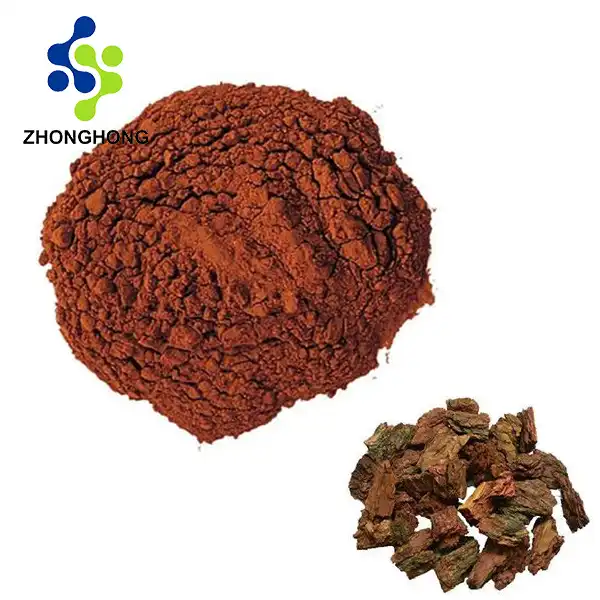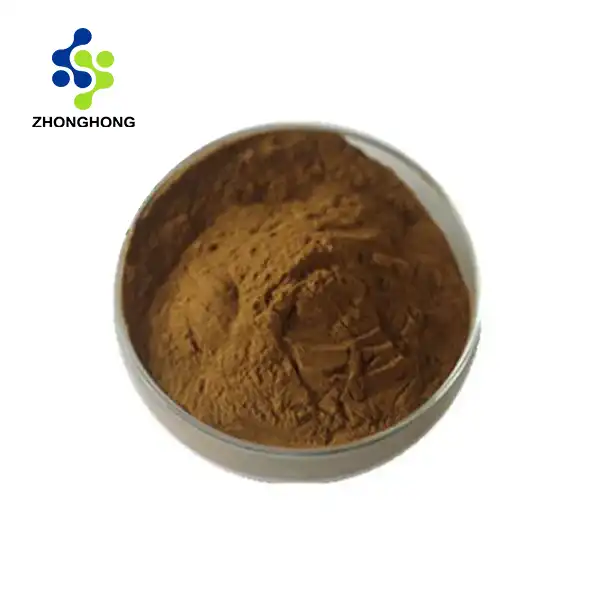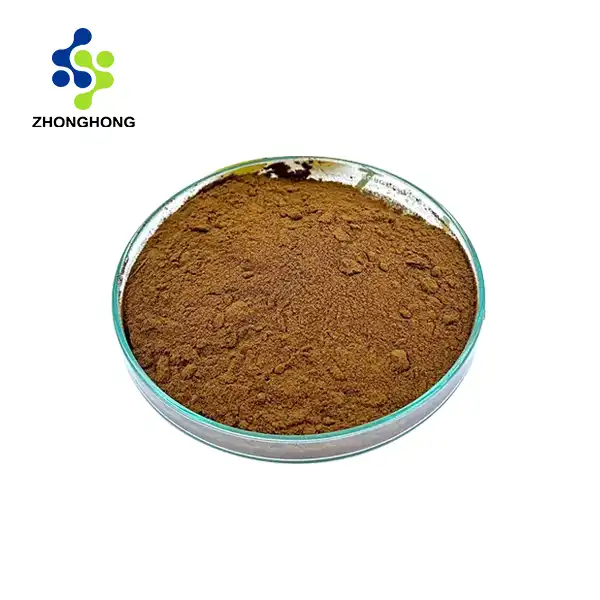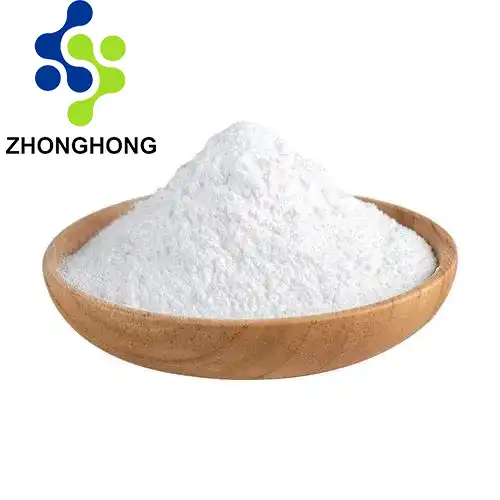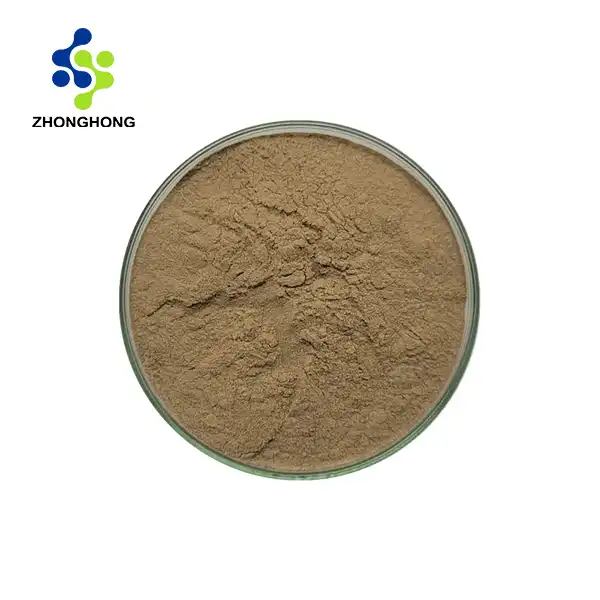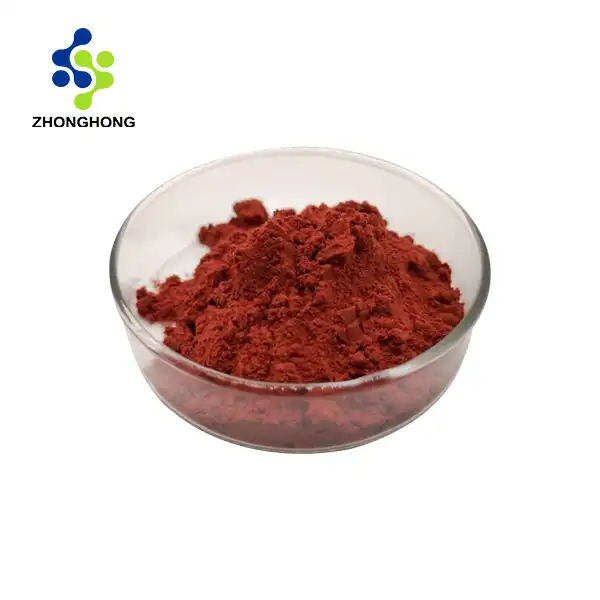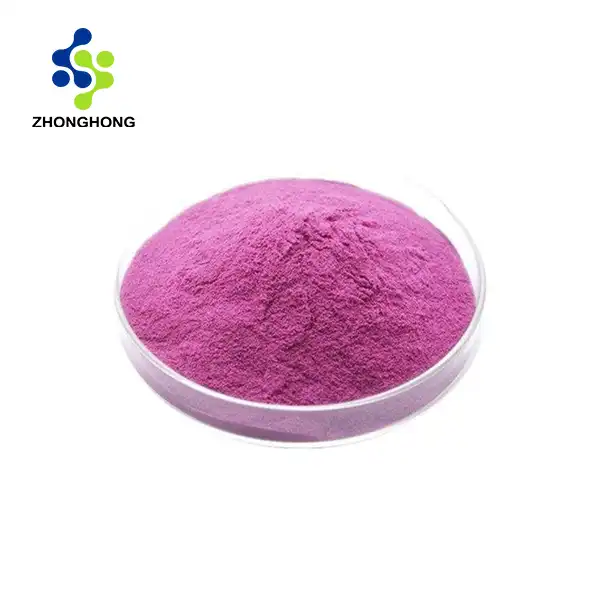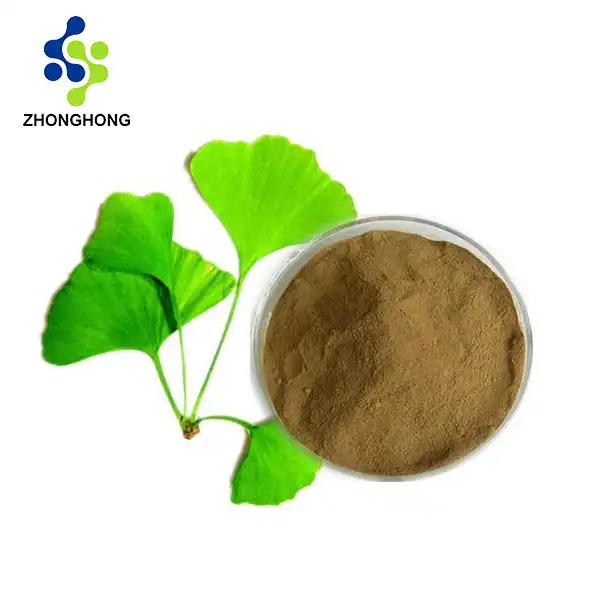What Studies Say About Bakuchiol's Efficacy?
Clinical Trials and Their Findings
Several clinical trials have been conducted to evaluate the efficacy of bakuchiol in skincare. A groundbreaking study published in the British Journal of Dermatology compared bakuchiol to retinol, the gold standard in anti-aging skincare. The research found that bakuchiol was equally effective in improving fine lines, wrinkles, and skin pigmentation, but with fewer side effects such as skin irritation and dryness. Another study in the International Journal of Cosmetic Science demonstrated bakuchiol's ability to stimulate collagen production and improve skin elasticity. The researchers observed a significant increase in type I, III, and IV collagen synthesis in skin cells treated with bakuchiol, suggesting its potential as a potent anti-aging ingredient.
Mechanism of Action
The molecular mechanism behind bakuchiol's efficacy has been a subject of intense research. Studies have shown that bakuchiol acts on similar cellular pathways as retinol, despite having a different chemical structure. It has been found to upregulate genes involved in collagen and elastin production, two crucial components for maintaining skin firmness and elasticity. Moreover, bakuchiol has demonstrated antioxidant properties, helping to neutralize free radicals that contribute to premature skin aging. This dual action of stimulating skin renewal and protecting against oxidative stress makes bakuchiol a versatile ingredient in anti-aging skincare formulations.
Comparative Studies with Other Ingredients
Researchers have also compared bakuchiol with other popular skincare ingredients. A comparative study with vitamin C showed that bakuchiol was more effective in reducing the appearance of fine lines and improving skin texture. Another study found that bakuchiol, when combined with niacinamide, had a synergistic effect in improving skin hydration and reducing hyperpigmentation.
These comparative studies highlight bakuchiol's potential as a standalone ingredient and its ability to enhance the efficacy of other skincare actives when used in combination.
Anti-Aging Results with Bakuchiol: What to Expect?
Visible Improvements in Skin Texture and Tone
Users of bakuchiol-based products can expect noticeable improvements in skin texture and tone. Clinical studies have shown that regular use of bakuchiol leads to smoother, more refined skin texture. This is attributed to its ability to accelerate skin cell turnover, similar to retinol but without the associated irritation. In terms of skin tone, bakuchiol has demonstrated efficacy in reducing hyperpigmentation and evening out skin color. Users often report a brighter, more uniform complexion after consistent use. This effect is particularly beneficial for those dealing with age spots or sun damage.
Reduction in Fine Lines and Wrinkles
One of the most sought-after anti-aging benefits is the reduction of fine lines and wrinkles. Bakuchiol has shown promising results in this area. Scientific studies have documented significant improvements in the appearance of fine lines and wrinkles after 12 weeks of bakuchiol use. The mechanism behind this effect is twofold. Firstly, bakuchiol stimulates collagen production, which helps to plump up the skin and reduce the appearance of fine lines. Secondly, its antioxidant properties protect the skin from further damage that can lead to premature aging.
Long-Term Benefits and Skin Health
While immediate results are gratifying, the long-term benefits of bakuchiol on overall skin health are equally impressive. Extended use of bakuchiol has been associated with improved skin firmness and elasticity. This is crucial for maintaining a youthful appearance as skin tends to lose its firmness with age. Furthermore, bakuchiol's gentle nature makes it suitable for long-term use without the risk of skin sensitization often associated with retinoids. This allows for consistent, ongoing skin improvement and maintenance of results over time.
The Future of Bakuchiol in Skincare
Emerging Research and Potential Applications
The future of bakuchiol in skincare looks promising, with ongoing research exploring its potential applications. Recent studies are investigating bakuchiol's efficacy in treating acne, with preliminary results showing its ability to reduce inflammation and regulate sebum production. Researchers are also exploring bakuchiol's potential in addressing photoaging. Its ability to protect against UV-induced damage and stimulate skin repair mechanisms makes it a promising ingredient for sun care products. This could lead to the development of innovative formulations that offer both preventive and corrective benefits for sun-damaged skin.
Advancements in Formulation Technology
As the popularity of bakuchiol grows, advancements in formulation technology are enhancing its effectiveness and versatility. Scientists are working on developing stable, high-concentration bakuchiol formulations that maximize its benefits while maintaining its gentle nature. New delivery systems, such as encapsulation technologies, are being explored to improve bakuchiol's penetration into the skin and extend its release over time. This could lead to more potent and longer-lasting effects from bakuchiol-based products.
Integration with Other Skincare Trends
The integration of bakuchiol with other skincare trends is an exciting area of development. We're seeing an increasing number of products that combine bakuchiol with complementary ingredients like peptides, hyaluronic acid, and niacinamide. These combinations aim to provide comprehensive skincare solutions that address multiple skin concerns simultaneously. Moreover, the clean beauty movement has embraced bakuchiol as a natural alternative to synthetic ingredients. This aligns with the growing consumer demand for plant-based, eco-friendly skincare options. As a result, we can expect to see more sustainable and environmentally conscious bakuchiol products in the future.
Conclusion
The scientific evidence supporting bakuchiol's benefits in skincare is compelling. From its proven anti-aging effects to its gentle nature, bakuchiol stands out as a powerful ingredient backed by research. As we look to the future, the potential applications and advancements in bakuchiol-based skincare are exciting, promising even more effective and versatile products for consumers. If you want to get more information about this product, you can contact us at liaodaohai@gmail.com.
_1728976869676.webp)
